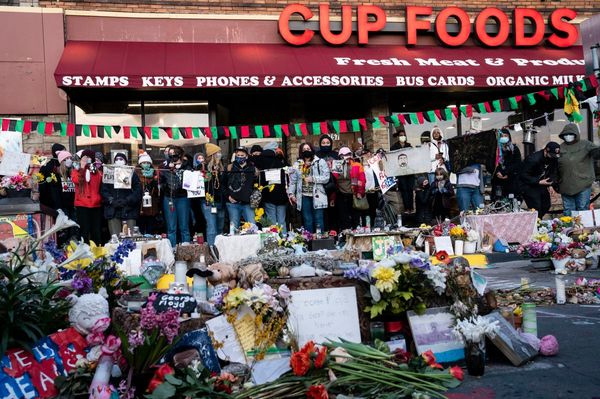
A Spanish judge has called for an end to social media anonymity in the wake of a wave of online disinformation after the killing of an 11-year-old boy.
Miguel Ángel Aguilar, a judge from the court that handles hate crimes and discrimination, wants to oblige platforms to reveal users’ true identity in cases of suspected hate crime so the law can impose digital restraining orders.
The move comes after the killing last Sunday of a boy in a village near Toledo in central Spain. He was playing football with friends when a man with his face concealed by a scarf ran on to the field and stabbed him numerous times.
In an echo of the disinformation that followed the murder of three young girls in Southport in the north of England last month, posts appeared on social media almost immediately falsely linking the attack to immigration and in particular to so-called menas, unaccompanied minors, the majority of them from north Africa.
The police have since arrested a 20-year-old Spanish man. He was visiting his father in the village and is thought to have mental health problems.
Aguilar said in a television interview on Wednesday that purveyors of hate speech should be identified and that social media platforms should be forced to reveal their true identity if the judiciary requested it.
“Creating a climate of stigmatisation via social media can translate into acts of violence in the street,” he said. “When a crime is committed on social media we must be able to identify the source.
“It would be interesting to see how people behave on social media if they know they can be identified, and especially if the judiciary wants to know who they are.”
Aguilar points to a case in 2019 when a YouTuber in Barcelona was sentenced to 15 months for posting a humiliating video of homeless person. He was ordered to pay the victim €20,000 (£17,000).
In what was the equivalent of a digital restraining order, the offender was banned from using YouTube.
“This is the precedent,” Aguilar said. “Now it’s important that it becomes legislation.”
Spain introduced a wide-ranging anti-discrimination law in 2022, but Aguilar conceded that it was difficult to define when hate speech was a crime. “No two cases are the same and not all hatred is a crime, even though we may find it repugnant,” he said.
Aguilar was the first judge in Spain to secure a conviction for spreading fake news after a man who published a video on X allegedly showing underage migrants beating someone up in Canet de Mar near Barcelona, was jailed for 15 months. The video was filmed in China.
In Spain as elsewhere the issue revolves around freedom of speech. Media companies claim user verification would lead people to self-censor and further limit freedom of expression for people living under repressive regimes.
Spain joins a long line of countries who are wrestling with the issue of online anonymity and although Aguilar’s proposal is likely to receive cross-party support, it is not likely to translate into legislation any time soon.







